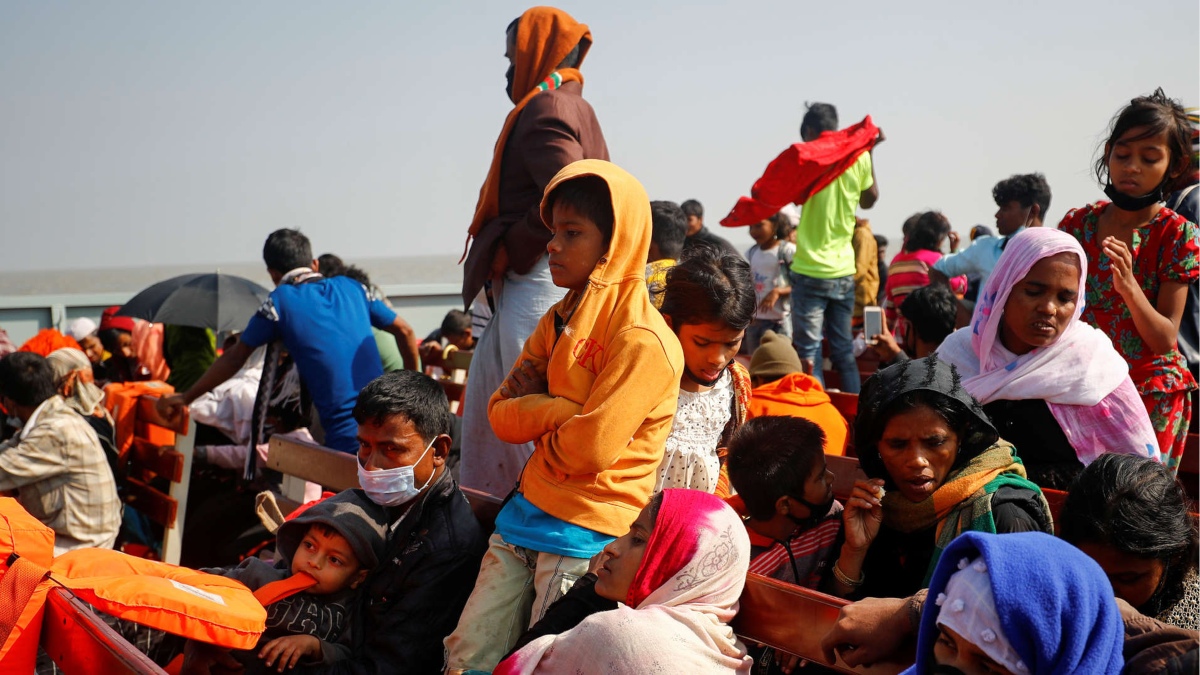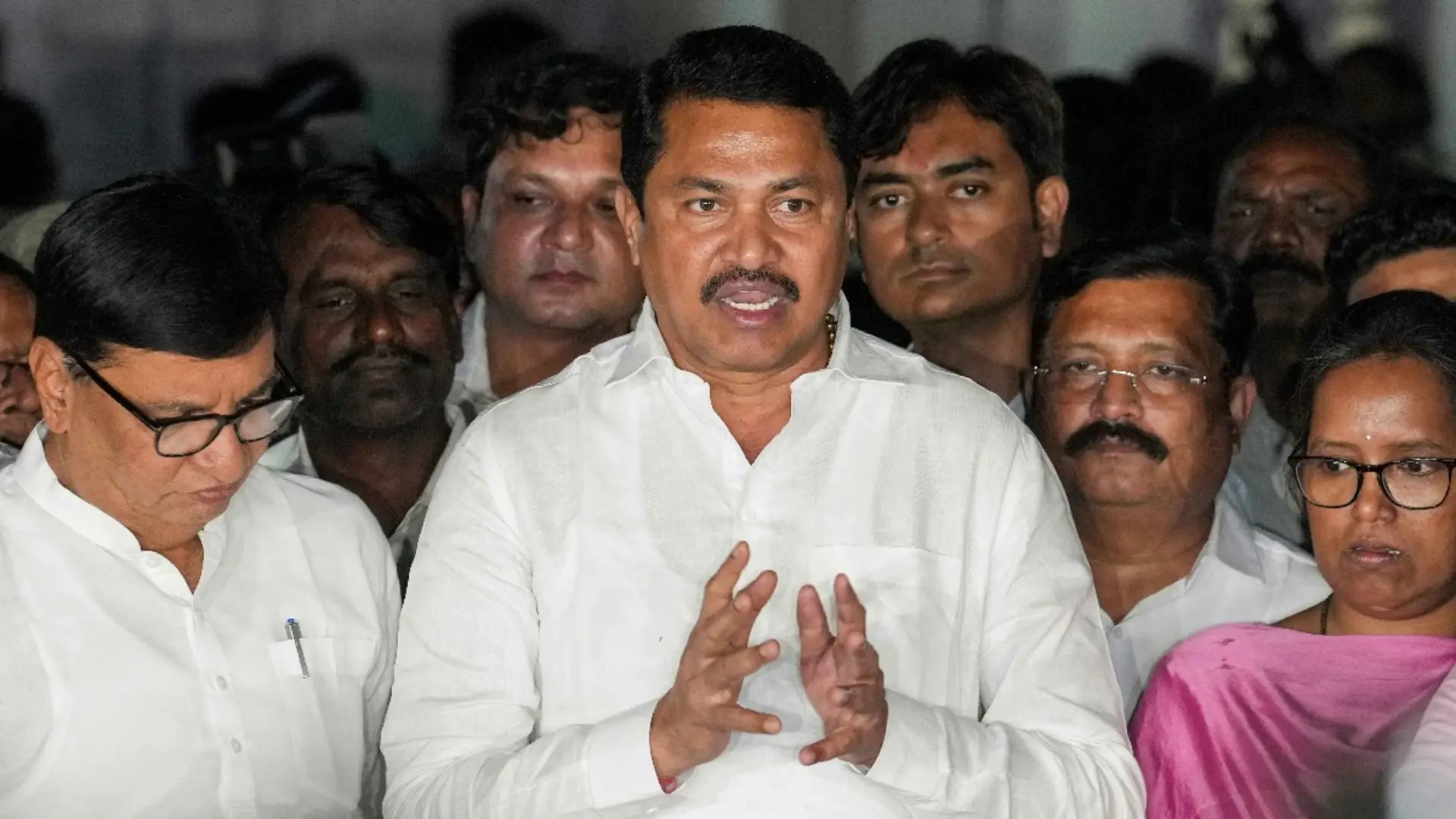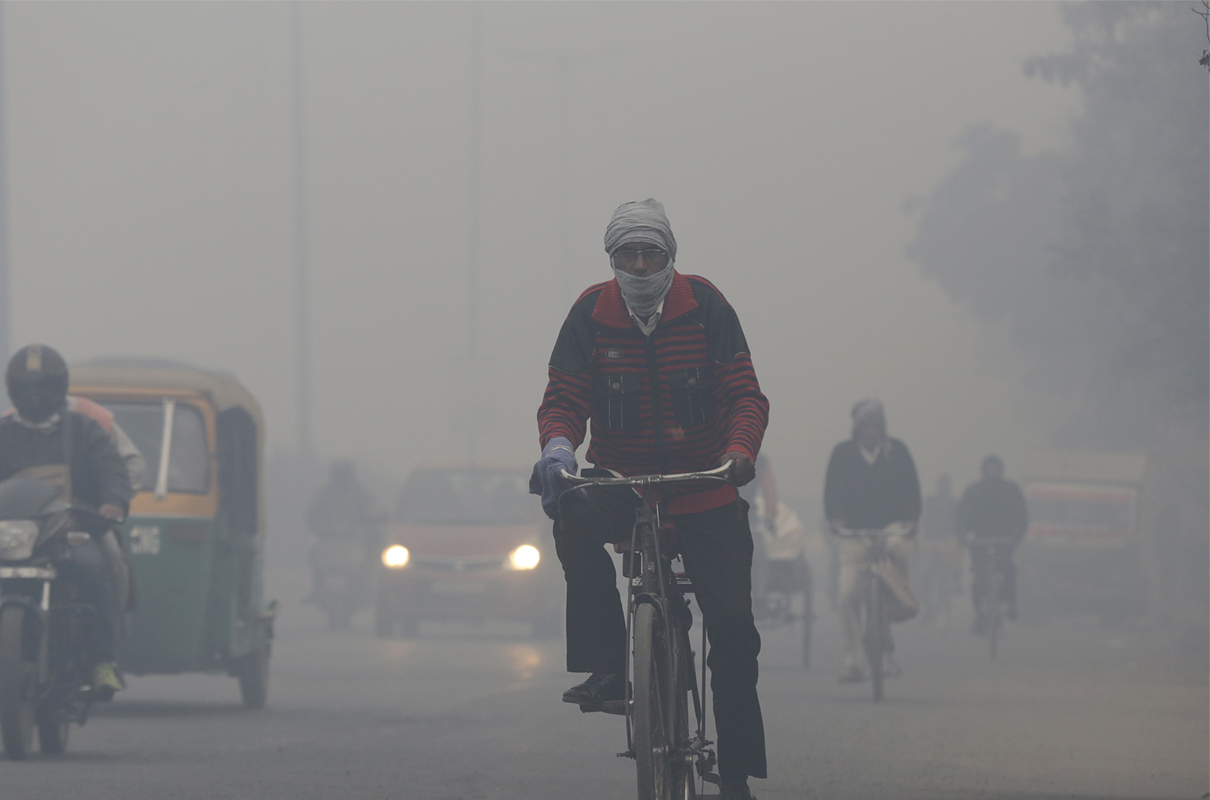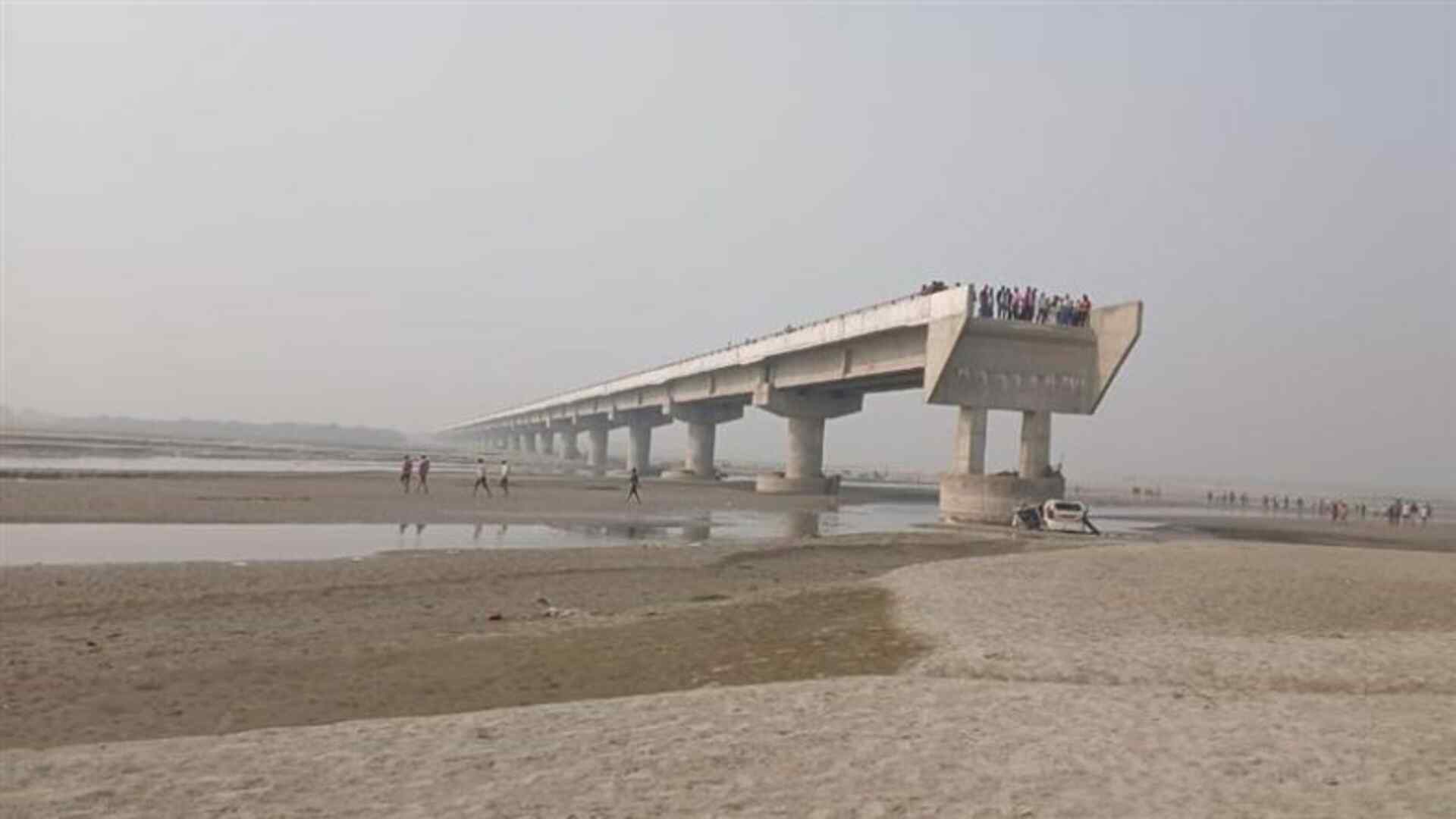
At the beginning of the year gone by, and before the coronavirus scourge had engulfed the entire globe, our nation was within the grasp of a powerful and exacting movement against the amendments introduced by way of the Citizenship (Amendment) Act, 2019. Without delving into the details of the same, the opposition was principled around the fact that special citizenship provisions were made available specifically to Hindu, Sikh, Buddhist, Jain, Parsi and Christian communities from the neighbouring Muslim-majority countries of Afghanistan, Bangladesh, and Pakistan to the explicit exclusion of those belonging to the Muslim community.
To the layman, the above amendment would seem an exercise in discrimination, inequality, arbitrariness and absurdity. However, as had been contended last year in an earlier written piece, the doctrinal approach centred around the ‘right to equality’ under Article 14 coupled with the ‘right to life and personal liberty’ under Article 21 of the Constitution of India would be of no avail to those who find themselves on the anvil of exclusion under the amendment of 2019. No doubt, the dual protection vide Articles 14 and 21 preserves the rights therein to citizens and non-citizens alike. However, a mere cursory glance through Part-III, i.e. the chapter on ‘fundamental rights’, would make it manifest that the Indian Constitution very clearly bestows certain additional rights and liberties unto its citizens to the explicit and unambiguous exclusion of aliens and/or those who’ve entered the sovereign territory of India in an illegal manner.
As had been argued earlier, only the Union Parliament is given powers to make laws unto ‘foreign jurisdiction’, ‘citizenship, naturalisation and aliens’, ‘extradition’ and ‘admission into and emigration and expulsion from India’. Irrespective of the guarantees of equal protection to citizens and non-citizens alike vide Articles 14 and 21, the same has to be tempered in consonance with Article 19 which is exclusively applicable to Indian citizens; incidentally the Supreme Court of India, per its recent order in Mohammad Salimullah and Anr. versus Union of India and Ors, tends to agree with the above proposition.
Succinctly put, the Apex Court has essentially laid out three crucial propositions; (1) India’s obligations and respect for international treaties/covenants/conventions ought not be in conflict with any contrarian position appearing under its municipal laws, i.e. laws enacted by the Indian legislature, (2) the rights emanating from Article 14 and 21 are undoubtedly available to all ‘persons’, i.e. non-citizens and citizens alike, and (3) rights ancillary and concomitant to Article 19, despite touching upon protections guaranteed under Articles 14 and 21, must be adjudged on the anvil of Article 19(1) read-with Article 19(2).
Therefore as the law stands concerning the troika of rights under Articles 14, 19 and 21, it emerges that ‘aliens must enter India legally’ if they wish to seek protection of rights at par with citizens under Article 19 and evidently thus the debility unto non-citizens renders any such requisitions vis-à-vis equality and equal protection untenable.
Hence, what flows thereof, and rightly so in the opinion of the authors, the Apex Court’s ruling provides more than a glimpse into the way the highest court of the land may end up dealing with the challenge to the amendment of 2019. Questions of morality and ethicality apart, the 2019 amendment is of little or no concern to Indian citizens for at the end of the day all who entered the sovereign territory of India prior to the cut-off date outlined therein are deemed to have done so illegally and without authority of law. Thus, for all such aliens, be they of any faith, there exists no guarantee whatsoever ‘to move freely throughout the territory of India’ or ‘to reside and settle in any part of the territory of India’.
Out of this group of illegals, and undoubtedly done so in an artificial manner, the amendment of 2019 bestows additional rights at par with citizens, upon a particular group of people who are not practising a particular faith; in that sense their continued presence inside the Indian territory (be it in any part thereof) is no longer deemed to be illegal and they enjoy the trinity of rights guaranteed vide Articles 14, 19 and 21 in its entirety.
Now consider the case of those who’ve been denied this special and artificial conferment, not only were they illegals at the time of entering Indian territory, they continue to remains so for not being covered under the amended umbrella. This would not only lead to an explicit denial of rights under Article 19, it also means that any argument resting on equal treatment/protection thereof shall surely fall through for illegals/non-citizens can never be placed on the same mantel as those who have specifically been included and recognised as part of the citizenry. Deportation, therefore, of illegals is not protected unless statutorily provided and protected in a specific and explicit manner. Inescapably, any remedy, if at all, against the 2019 amendment is a political one for the Apex Court is most unlikely to render it inoperable.
In conclusion, one must pay heed to the scheme of our Constitution and the deliberate manner in which the framers defined ‘Citizenship’ under Part-II beforehand venturing into laying out the ‘Fundamental Rights’ vide Part-III. A conjunctive reading of both parts would lead to the peerless conclusion that certain rights were very deliberately reserved for Indian citizens and concomitantly very deliberately denied to aliens. In fact, the conscious decision-making of the framers becomes apparent by way of the wordings of Article 11 (Part-II) which in a non-obstante manner gives power to Parliament ‘to make any provision with respect to the acquisition and termination of citizenship and all other matters relating to citizenship.’















